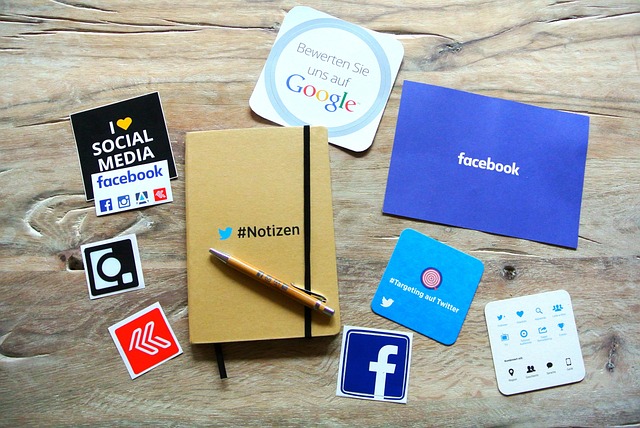The restaurant industry is being transformed by Artificial Intelligence (AI) and smart contract automation in today's digital age. AI data analytics tools analyze vast datasets of customer behavior, preferences, and market trends to enable informed, data-driven decisions. This enhances efficiency, predicts popular menu items, optimizes pricing, and personalizes experiences. Smart contracts powered by blockchain technology automate tasks like inventory management, order placement, and payment processing, ensuring transparency, minimizing errors, reducing costs, and fostering customer trust. Together, these technologies drive growth, improve operations, and deliver exceptional dining experiences in a highly competitive market.
In today’s digital era, Artificial Intelligence (AI) is transforming various industries, including the restaurant sector. Understanding AI’s role in business smart contract automation offers a promising path to efficient operations and increased transparency. This article explores how AI data analytics tools can uncover valuable restaurant trends, while delving into the implementation of smart contracts to streamline processes. By leveraging these technologies, restaurants can enhance their overall performance and customer experiences.
- Understanding AI's Role in Restaurant Business Automation
- Leveraging Data Analytics to Uncover Restaurant Trends
- Implementing Smart Contracts for Efficient Operations and Transparency
Understanding AI's Role in Restaurant Business Automation

In today’s digital era, the restaurant industry is undergoing a transformation with the integration of Artificial Intelligence (AI) and smart contract automation. AI data analytics tools are playing a pivotal role in understanding customer preferences, identifying trends, and optimizing business operations. By analyzing vast amounts of data generated by customers and the kitchen, these tools enable restaurants to make data-driven decisions, enhancing overall efficiency and customer satisfaction.
For instance, AI algorithms can predict popular menu items based on historical sales data and seasonal trends, helping restaurants streamline their inventory management. Moreover, smart contracts automate processes like order placement, payment processing, and supply chain management, ensuring transparency, reducing errors, and minimizing costs. This not only simplifies back-of-house operations but also allows restaurant owners to focus on delivering exceptional dining experiences.
Leveraging Data Analytics to Uncover Restaurant Trends

In today’s digital age, the culinary landscape is constantly evolving, and AI data analytics tools have emerged as powerful allies for restaurants to uncover industry trends. By harnessing the vast amounts of data generated daily, these advanced tools can provide valuable insights into consumer preferences, market dynamics, and competitive landscapes. Restaurant owners and managers can leverage AI algorithms to analyze customer behavior, track popular dishes, and identify emerging dietary trends. This enables them to make data-driven decisions regarding menu planning, ingredient sourcing, and marketing strategies.
AI’s ability to process vast datasets quickly allows restaurateurs to stay ahead of the curve. They can uncover hidden patterns, predict demand, and optimize pricing strategies. Moreover, these analytics tools facilitate personalized customer experiences by segmenting audiences based on dietary restrictions, preferences, and spending habits. This level of customization enhances customer satisfaction and loyalty, ultimately driving business growth in a highly competitive market.
Implementing Smart Contracts for Efficient Operations and Transparency

Implementing smart contracts can revolutionize the way businesses, particularly restaurants, operate and ensure transparency in their processes. These self-executing agreements, powered by blockchain technology, offer a secure and efficient solution for various restaurant operations. For instance, AI data analytics tools can play a pivotal role in monitoring and analyzing customer trends using smart contracts. By automatically tracking and verifying transactions, these contracts enhance the accuracy of sales data, providing valuable insights into consumer behavior and preferences.
Moreover, smart contracts ensure transparency by creating an immutable record of every interaction, which is particularly beneficial for supply chain management and inventory control. Restaurants can streamline their operations by automating tasks such as order placement, payment processing, and even employee incentives, all while maintaining a transparent and secure system. This level of efficiency and transparency not only reduces costs but also boosts customer trust in the restaurant’s business practices.
AI and smart contract automation are transforming the restaurant industry by leveraging data analytics tools to uncover trends, streamlining operations, and enhancing transparency. By understanding the role of AI in business automation, restaurateurs can efficiently manage their operations, improve customer experiences, and stay ahead of the curve. Embracing these technologies is a strategic move towards a more intelligent and agile dining ecosystem.
